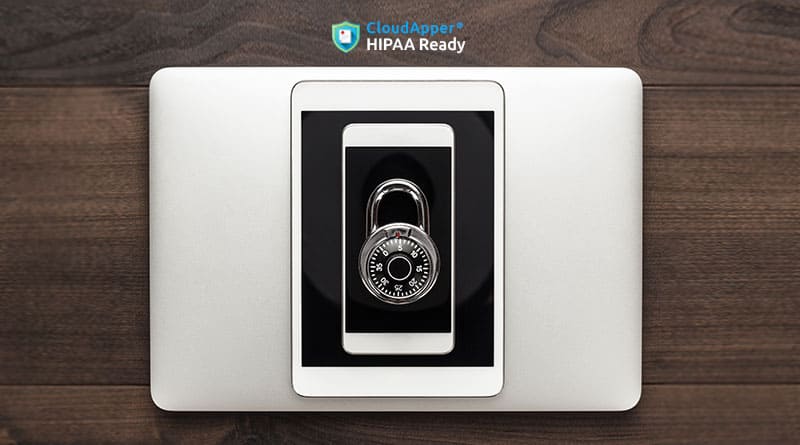Table of Contents
Patients’ privacy concerning their health information must be protected at all costs. Otherwise, providers could risk facing potential HIPAA fines and penalties. With the rise of protected health information (PHI) being stored in digital format, in turn, giving rise to electronical protected health information (ePHI), the Department of Health and Human Services directed organizations to implement HIPAA controls to protect these records.
Both the HIPAA Security Rule and the HIPAA Privacy Rule make up the cornerstone of security standards for healthcare organizations.
Defining the HIPAA Security Rule
The HIPAA Security Rule regulates electronic protected health information (ePHI), which is a subset of PHI. This is achieved through the implementation of appropriate administrative, physical, and technical safeguards, where different types of HIPAA controls are explained.
Similar to many standards, the foundation of the HIPAA Security Rule is a security risk assessment. Along with a risk assessment, other HIPAA controls align with three types of safeguards that organizations must implement.
Here, we are going to talk about a few recommended HIPAA controls to maintain compliance with the HIPAA Security Rule.
HIPAA Controls
Risk Assessment
Risk assessment is a requirement under the Administrative Safeguards as part of the Security Management Process. Through a risk assessment, healthcare providers can obtain a better understanding of potential risks common in both the industry and the organization.
For guidance on how to conduct these assessments, check out NIST RMF’s methodology recommended by the HIPAA Security Rule. One advantage of this method is that it also takes into account the NIST Cybersecurity Framework as well.
Designated Personnel
This HIPAA control falls under the Administrative Safeguards of the Security Rule. For any organization that needs to ensure compliance with HIPAA, the management must first appoint security personnel who will be responsible for overseeing the compliance procedures relating to the security of ePHI.
In the same vein, both HIPAA Security and Privacy Officers can ease their workload with the help of HIPAA Ready. The app provides a set of guidelines that allows personnel to ensure that all the appropriate controls are being implemented and followed through. These guidelines are in the form of a checklist.
Access Controls
Organizations need to make it a practice to regularly review employee access and limit access to electronic systems that contain ePHI. There must be appropriate policies and procedures in place that allow only authorized individuals or individuals who need it to access ePHI.
Making Sure That You Are Complying With the Security Rule
Of course, other HIPAA controls within the administrative, physical, and technical safeguards are essential to maintaining compliance with the Security Rule. However, many of these controls are addressable, which means they may not apply to your organization itself.
You must implement all safeguards that support the unique configuration of risks faced by your organization itself.
Information security leaders should also expand their view beyond checkbox compliance and focus on reducing risks as a result of recent changes due to the pandemic. More providers are now delivering services through telehealth applications, exposing health data to new risks. Cybersecurity is also increasingly becoming more important every day.
Get HIPAA Ready To Simplify Your Compliance
If you want to manage your compliance in an organized and efficient way, then HIPAA Ready is your best answer. The robust cloud-based HIPAA compliance management software can organize all the tasks and will enable you to reduce administrative and monetary burdens. You can also manage HIPAA training, conduct risk assessments, manage business associate agreements; all from one single app.
What is CloudApper AI Platform?
CloudApper AI is an advanced platform that enables organizations to integrate AI into their existing enterprise systems effortlessly, without the need for technical expertise, costly development, or upgrading the underlying infrastructure. By transforming legacy systems into AI-capable solutions, CloudApper allows companies to harness the power of Generative AI quickly and efficiently. This approach has been successfully implemented with leading systems like UKG, Workday, Oracle, Paradox, Amazon AWS Bedrock and can be applied across various industries, helping businesses enhance productivity, automate processes, and gain deeper insights without the usual complexities. With CloudApper AI, you can start experiencing the transformative benefits of AI today. Learn More


















